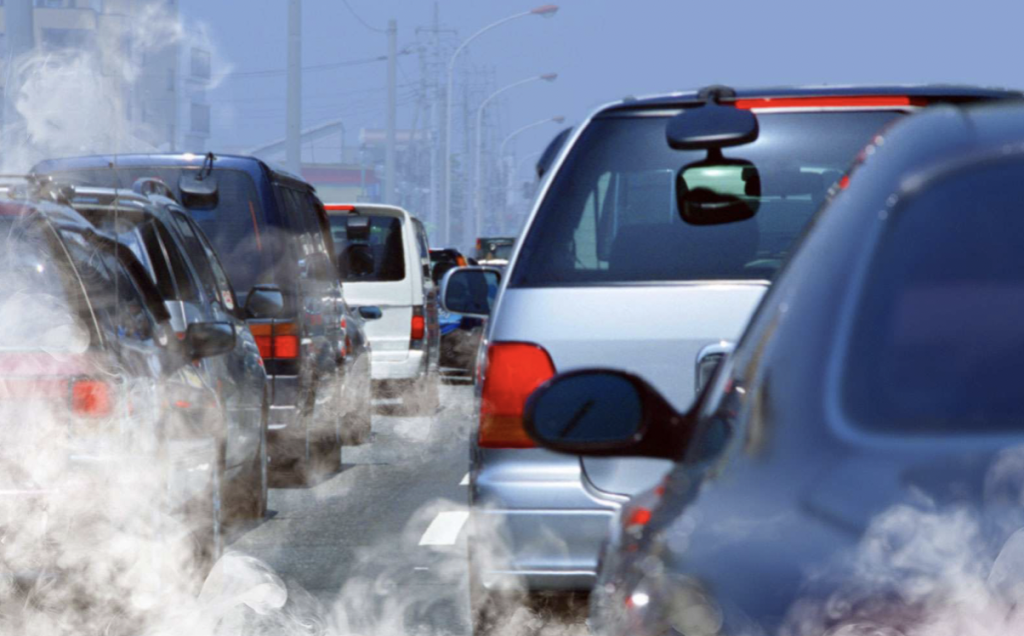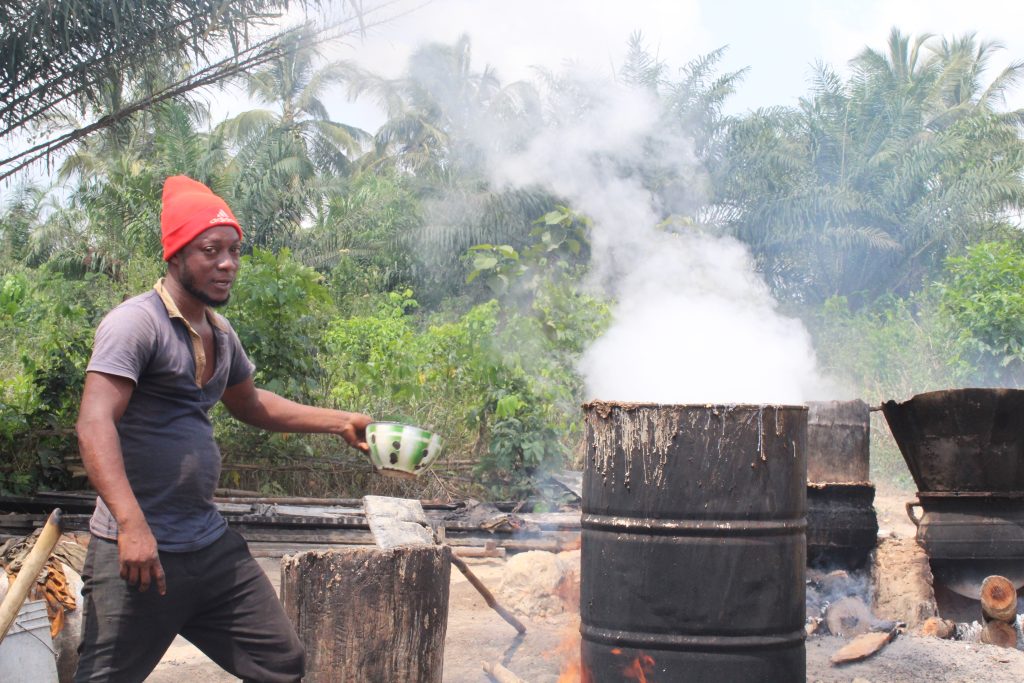By Albert Oppong-Ansah, GNA
Accra, Oct. 29, GNA – Ghana can make an estimated savings of 2.5 billion dollars every year by taking decisive steps towards controlling sources of air pollution, Mr Emmanuel Appoh, the Managing Consultant of EnviroFin Consult, has said.
The figure, representing about 4.2 per cent of the country’s Gross Domestic Product, can be invested in other areas of the economy – projects, upscaling of research and innovations to spur economic growth and improve livelihood.
Mr Appoh, speaking with the Ghana News Agency (GNA), said the amount, quoted by the World Bank, was what Ghana used annually to address issues related to air pollution.
He noted that aside the financial loss, more than 28,000 people die in Ghana from exposure to air pollution every year.
The number is projected to increase if no action is taken to control it.
Mr Appoh, who is a former Director of the Environmental Protection Agency, said the Government had a greater responsibility, while citizens under the constitution had crucial roles to play to safeguard clean air.
He urged government agencies, especially the local assemblies to strengthen their regulatory enforcement offices to ensure that sources of air pollution were monitored and offenders punished.

“Apart from vehicular emissions, open burning of waste is the next major air pollution source. As a country, we are still struggling with ensuring safe disposal of waste. It is important because lack of a good waste disposal is resulting in open burning of landfills and that of households,” he said.
Mr Appoh asked the Government to provide social amenities in small towns and communities to address rural-urban migration and prevent overcrowding and misuse of green spaces in cities.
“Burning is now becoming a norm because the cities are choked and tonnes of waste generated are burnt. We have not been able to meet even half of the infrastructure needed to deal with sanitation,” he noted.
On emissions from vehicles, the Consultant asked the government to review the regulation that permitted the importation of vehicles 10 years old and above with higher penalties.
The ban should be increased to four years only strictly with no room for penalties as practiced in other countries.
He urged the government to grant tax relief and financial support for new safer, low emission public transport vehicles.
“The National Petroleum Authority is enforcing the law that ensures that diesel and petrol imported into the country comply with the sulphur requirements stipulated at maximum 50 mg/kg (ppm) as contained in the Ecowas Harmonised Specifications for Automotive Fuels,” he noted and commended the Authority for the proactiveness.
“Sulphur dioxide, the main output, Sulphur, when burnt in combustion engines, exacerbates particulate matter effects in very complex and dangerous ways. Sulphur dioxide causes serious respiratory and other health issues,” he stated and charged all stakeholders to support the NPA to enforce the regulation for the safety of all.

Air pollution is the second highest health risk factor for death and disability, after malnutrition.
Young children and adults over 50 years are most at risk of disease and premature death.
Poor air quality in Ghana is mainly caused by cooking using wood and charcoal, road transport, slash-and-burn methods of farming, open waste burning, energy generation, accidental fires and industry.
While deaths from household air pollution have decreased since 1997, deaths from outdoor air pollution have increased.
Ghana is one of only seven African countries with real-time air pollution monitors, but the availability and accessibility of air quality data is limited.
There is no nationwide air quality policy or targets.
However, there are sector-specific policies and guidelines that address air pollution, as well as clean air initiatives in Accra.
Nima, Makola, Agbogbloshie, Chorkor and Madina Zongo Junction are the five most polluted hotspots in Accra, according to results from improved air quality monitoring in the national capital.
These areas have recorded the most consistently poor-quality air standards over the period, with their sources mainly being from open waste burning and emissions from vehicles.
Data from over four months of monitoring showed that pollution in these areas occurred throughout the day and the readings exceeded the recommended World Health Organisation standards.
GNA
…This story is done in collaboration with New Narratives with funding support from the Clean Air Fund.The content is independent of the opinions of the funder…